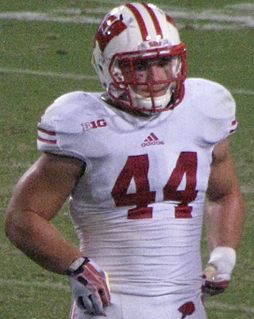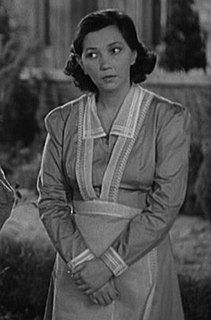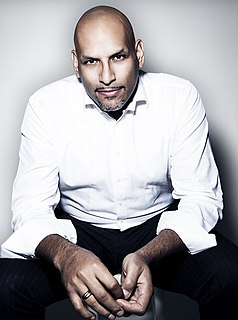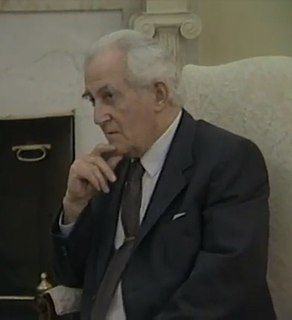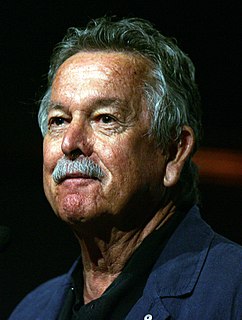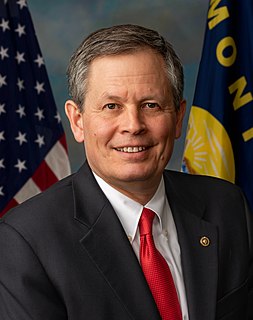A Quote by Chris Borland
I was a history undergrad, and there's some things I could do in academics or business.
Related Quotes
Business is another kind of world that I don't think is as passionate. It is not the pressure to perform as you have in football. It is more about strategy, skill, about how you deal with all the information you have. Some of the things from football I can bring to business, and some things from business I can bring to football.
So for me to actually have access to women, to feminist women, to gay people, to trans people, to intellectuals, iconoclasts, weirdos, academics, just the people who don't normally get marketed to, in some way I kinda hoped that if I could collect all of them, I could say, "Hey! Look over here! There are enough people who like my stuff." And it sorta has seemed to be true.
Growing up I did commercials and things like that, but nothing serious. As I got older, my family is really hardcore into academics. They weren't wanting to necessarily support an acting career; it's a really fickle business, and it can be difficult and unstable. They were rooting for education and the whole nine yards.
What's fascinating . . .is that you could now have a business that might have been selling for $10 billion where the business itself could probably not have borrowed even $100 million. But the owners of that business, because its public, could borrow many billions of dollars on their little pieces of paper- because they had these market valuations. But as a private business, the company itself couldn't borrow even 1/20th of what the individuals could borrow.
